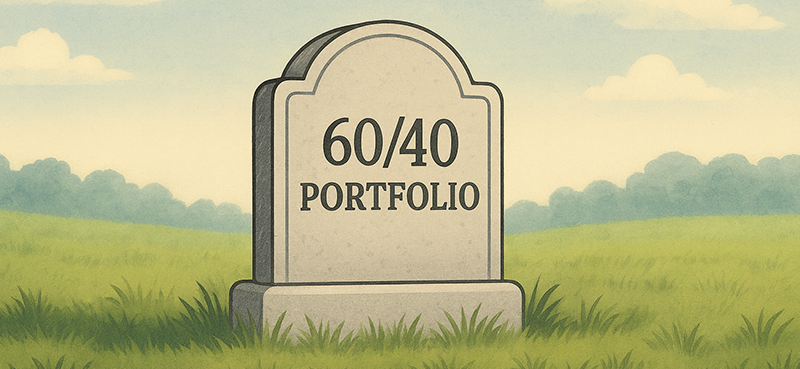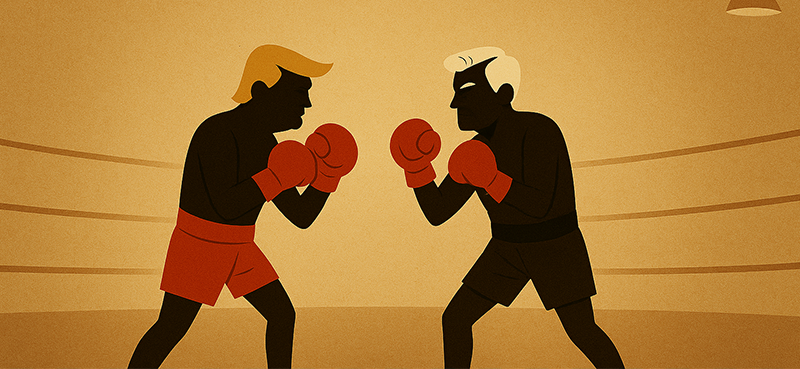Just a few short years ago, Virgin Galactic (SPCE) was hailed as a revolutionary company—bringing space tourism to the masses…
Today, it’s become a cautionary tale for investors…
The stock has fallen more than 99% over the past few years. And the company’s recent 1-for-20 stock split is a grim omen of its future…
What’s more, a look under the hood reveals a fraud scheme the likes of which the market hasn’t seen before…
Understanding the reality behind Virgin Galactic’s stock manipulation—and the repercussions for retail investors—can protect you from falling into a similar trap in the future.
Let’s start by looking at the company’s history… and how it went off the rails…
Bound for the stratosphere
When Virgin Galactic was founded in 2004 by eccentric billionaire Sir Richard Branson… and then taken public (via SPAC) by venture capitalist Chamath Palihapitiya in 2019… it was easy for investors to buy into the hype.
After all, these charismatic men—viewed as visionaries—created a compelling (and convincing) narrative of a not-so-distant future where space travel would be as common as commercial flights. The idea of experiencing zero gravity and seeing the Earth from space was a tantalizing prospect for many—and Virgin Galactic made it seem just within reach.
This image was further bolstered by promotional events and optimistic projections, which painted a rosy picture of a thriving space tourism industry just around the corner.
Plus, it seemed clear that Branson and Palihapitiya believed strongly in the company—investing millions personally (and, in Palihapitiya’s case, through his fund, as well).
Combined with high-profile endorsements and partnerships (including Land Rover, the New Mexico government, and Under Armour)… glowing media coverage… and an A-list backlog of passengers (including Ashton Kutcher and Justin Bieber)… it’s no wonder that the stock initially skyrocketed (pun intended).
In early 2021, shares rallied around 450% to all-time highs of $1,100… And Virgin’s first commercial space flight launched in June 2023.
But behind the scenes, not all was as rosy as it seemed…
Despite its high-flying promises, the company struggled to deliver on its projections. Issues ranging from technical setbacks to regulatory hurdles delayed the launch of commercial flights. And the financial reports started to reveal a grim reality: mounting losses and dwindling cash reserves.
Then, last week, the company was forced to implement a 1-for-20 reverse stock split—a tactic often employed by struggling businesses to maintain their listings on major stock exchanges.
While the move artificially boosts the stock price in the short term (as it reduces the number of shares outstanding)… reverse splits typically result in further declines, as they indicate serious problems for the company.
Predictably, the stock dropped 15% on the first day of trading post-split.
Today, it’s trading under $9… That’s more than 99% off its all-time highs.
And it’s possible we could see it sink below $1 within 18 months.
What’s more… a closer look reveals a more sinister subplot…
When the captains can’t be trusted
For a while, Branson and Palihapitiya were vocal proponents of their company… heavily promoting the stock, including high-profile events at the New York Stock Exchange.
But in 2020, Branson started cashing out his stock, selling chunks at a time for hundreds of millions. In early 2021, Palihapitiya followed suit… before stepping down from the board of directors in February 2022.
In total, Richard Branson reportedly sold over $1 billion worth of stock, while Palihapitiya sold approximately $350 million worth. Both executives sold most of their shares in the range of $600–800 (split-adjusted)… securing massive profits off of their initial investments.
Their actions, followed by the stock’s precipitous decline, paint a clear picture of a classic pump-and-dump scheme—where insiders hype up the stock… only to sell their shares at inflated prices… leaving everyday investors on the hook for massive losses.
It’s worth noting that despite clear signs of stock manipulation, the SEC has not intervened. This lack of oversight is further proof that the market is rigged against individual investors.
Put simply, regulators aren’t watching out for us—so we have to watch out for ourselves…
Avoid the market’s next crash landing
So, what can you do to protect yourself?
The first step is to stay informed and do your due diligence. (Or, if you don’t have time to conduct your own, you can let Frank do it for you…)
Don’t be swayed by hype and promises alone. It’s essential to look beyond the marketing glitz and closely examine a company’s financial health, management team, and realistic prospects.
And pay particularly close attention to insider selling, especially when executives cash out large portions of their holdings.
You should also be wary of reverse stock splits, which often signal underlying problems.
Finally, consider diversifying your investment portfolio. While the allure of high-risk, high-reward stocks can be tempting, balancing these with more stable, long-term investments can provide a safety net.
By learning from Virgin Galactic’s cautionary tale, investors can better protect themselves and make more informed investment decisions. Remain vigilant, conduct thorough research, and maintain a healthy skepticism toward companies that promise the moon… but never truly get off the ground.





















